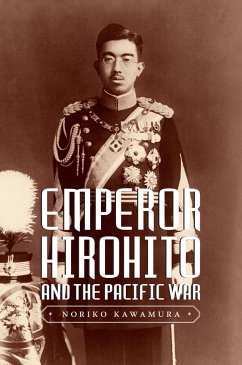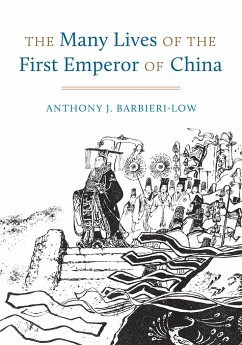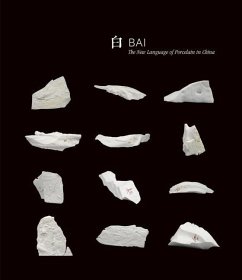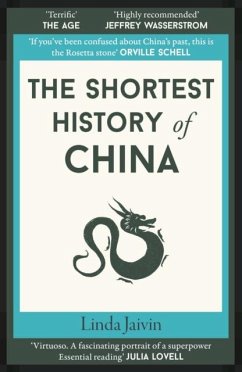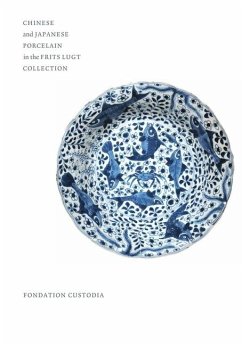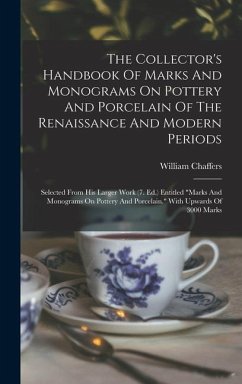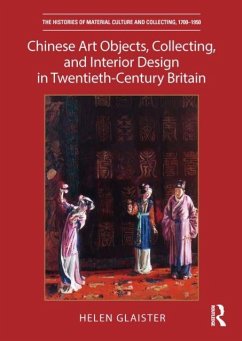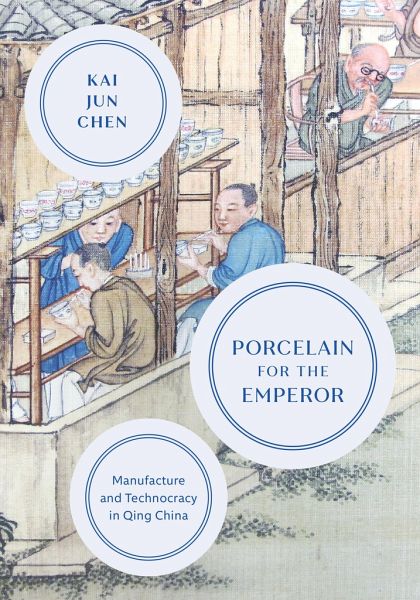
Porcelain for the Emperor
Manufacture and Technocracy in Qing China

PAYBACK Punkte
43 °P sammeln!
A new perspective for understanding the technology behind goods "made in China" The exquisite ceramic ware produced at the Imperial Porcelain Manufactory at Jingdezhen in southern China functioned as a kind of visual propaganda for the Qing dynasty (1644-1911) court. Porcelain for the Emperor charts the career of bannerman Tang Ying, a technocrat in the porcelain industry, through the first half of the eighteenth century to uncover the wider role of specialist officials in producing the technological knowledge and distinctive artistic forms that were essential to cultural policies of the Chine...
A new perspective for understanding the technology behind goods "made in China" The exquisite ceramic ware produced at the Imperial Porcelain Manufactory at Jingdezhen in southern China functioned as a kind of visual propaganda for the Qing dynasty (1644-1911) court. Porcelain for the Emperor charts the career of bannerman Tang Ying, a technocrat in the porcelain industry, through the first half of the eighteenth century to uncover the wider role of specialist officials in producing the technological knowledge and distinctive artistic forms that were essential to cultural policies of the Chinese state. Through fiscal management, technical experimentation, and design, these imperial technocrats facilitated rationalized manufacturing in precapitalist and preindustrial society. Drawing on museum collections and firsthand archaeological evidence, as well as the voluminous Archive of the Imperial Workshops, this book contributes new insights to scholarship on global empires and the history of science and technology in China. Readers will learn how the imperial state's intervention in industry left a lingering imprint on modern China through its modes of labor-intensive production, the division of domestic and foreign markets, and, above all, a technocratic culture of centralization.




